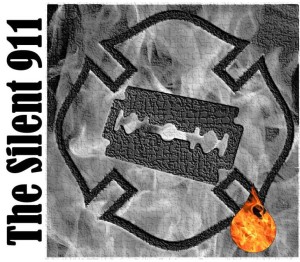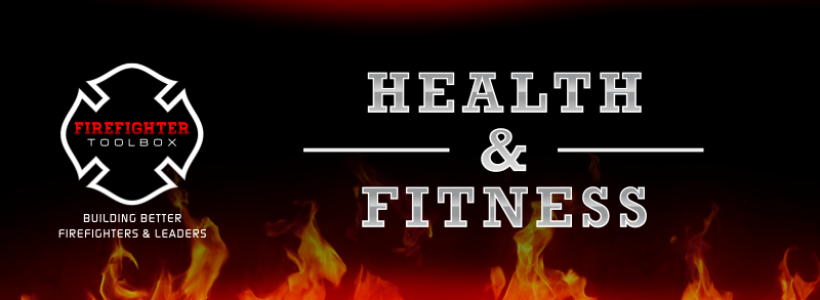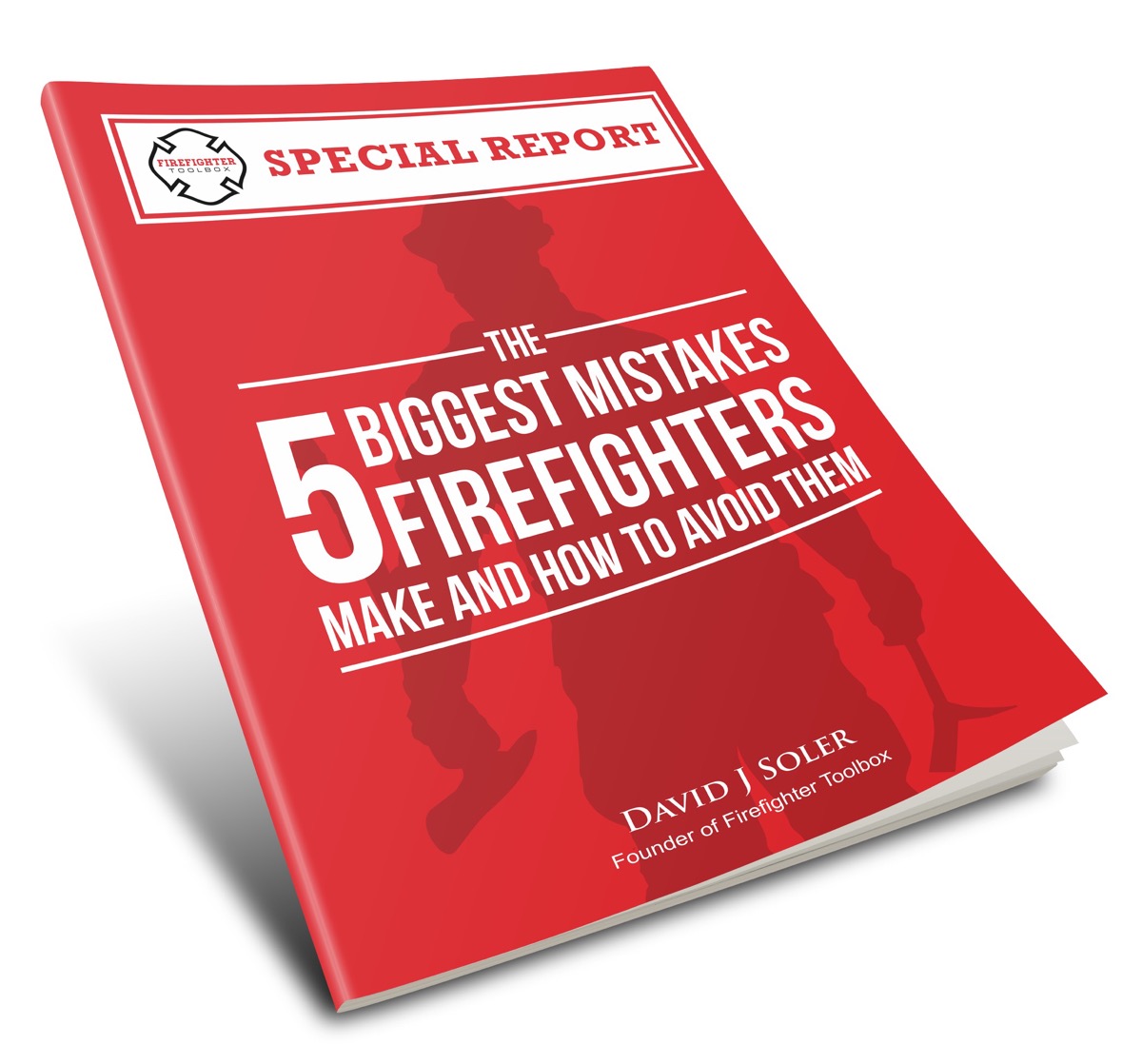The Silent 911 Call
Responding To The Call
The call comes in and you respond, ready and able because you have prepared for the call. As you respond, you have already begun your size-up and have referenced the greatest tactical hard-drive ever created: your mind.
As you arrive on scene, you assess what you see against the countless simulations, training exercises, and previous calls you have had. You then formulate your Incident Action Plan and begin to execute it. As conditions warrant you adjust accordingly, ensuring a successful outcome.
The difference between this incident and all the others? You are responding to a call for help by a fellow brother or sister in the fire service.
W.A.T.C.H. : A Firefighter Size-Up
As firefighters we do a tremendous job of serving the public and going “above and beyond” for our fellow firefighters. But what about the moments leading up to a call for help? If we had seen the signs, we would have responded ahead of the call. But do we know what to watch for in our brothers and sisters?
Here are some signs to W.A.T.C.H. for:
W – Withdrawal
A once passionate, dedicated and driven firefighter suddenly loses interest and fades into the background. He feels like he does not belong anymore. He pulls back socially.
Another sign: The firefighter may start to hesitate at calls that he was once confident at, calls he’s handled before.
A – Anger, Anxiety (& More)
A firefighter is suddenly angered by small events. He is now easily irritated. Or, he has dramatic mood changes. These are all signs of an impending flashover in a firefighter’s life.
 Changes to be on the look out for include:
Changes to be on the look out for include:
- Feelings of hopelessness
- Loss of interest in daily activities
- Sudden weight loss
- Sleep changes
- Loss of energy
- Self-loathing
- Concentration problems
T – Traumatic Stress
A firefighter may seem troubled by a past event or call. He avoids anything that reminds him of the call. He has increased anxiety and emotional arousal.
These are signs of PTSD (post-traumatic stress disorder). Up to 37% of firefighters suffer from some form of PTSD.
C – Coping Mechanisms
Firefighters who face great stress look for ways to alleviate it. There are healthy ways to cope with stress such as exercise, prayer, and meditation.
Then there are unhealthy coping mechanisms:
- Excessive drinking or substance abuse
- Reckless behaviors (also known as “a passive suicide attempt”)
- Pornography (and other “escapes”)
- Unhealthy relationships (such as having an affair)
H – Harm of Self
A firefighter who shows any or all of these size-up factors is on the verge of harming himself. He is at a greater risk of suicide and is in need of help. He may have a negative self-image. He may begin to feel he is a burden to everyone.
He may even talk openly of harming himself.
What Can We Do?
The fire service is a brotherhood. We take care of each other from recruit school through the firehouse and into retirement. This responsibility for each other falls upon all of our shoulders — from the newest rookie to the chief of the department. But how do we do this?
#1 – Be Informed
Each member should be trained to watch for these “silent 911” calls in firefighters. Consider it a new training challenge.
The Firefighter Behavioral Health Alliance is a great resource for firefighters in the areas of suicide, PTSD, addiction, anxiety, and depression. Another resource is 1st Responder Treatment, which offers a comprehensive treatment program.
Nine out of 12 firefighter marriages end in divorce. Some great resources for marriage include:
- Firefighter Wife by Lori Mercer. Firefighter Wife will be having a firefighter marriage conference in Chicago during July 2014. See her website for details on the conference and additional resources, including an online community for firefighter wives.
- Family Life’s Weekend to Remember marriage conference
- Visionary Marriage from Visionary Family Ministries
#2 – Ask
As firefighters we are trained to recognize the signs of many different dangers. If you see one of your brother or sister firefighters showing any of these warning signs, take the time to check on him or her. Ask if he or she is okay.
(You may also want to find out if the company officer is aware of the situation.)
Be proactive in saving our own today. Be on W.A.T.C.H. and be ready to respond to the Silent 911 call.






Educative article , we really have to look up to each other.